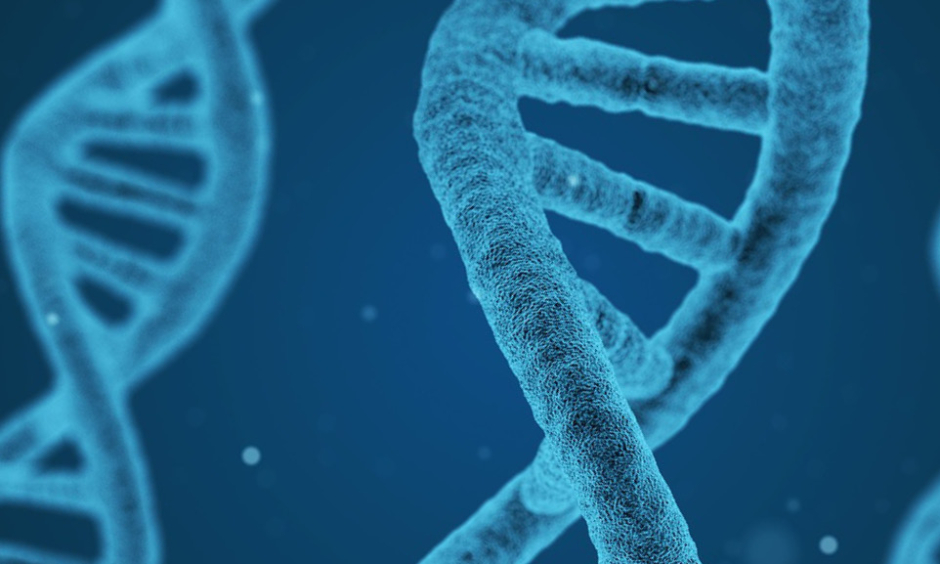LUPUS disease mechanisms can be better understood following the discovery of a genetic mutation that causes a rare form of the condition by researchers at KU Leuven, Leuven, Belgium in collaboration with other institutions. The findings could aid the development of new treatments for lupus, which affects around 5 million people worldwide.
Ikaros Protein
The cause of lupus is often unclear, with a combination of genetic and environmental factors believed to be involved. However, in a patient who had a puzzling combination of lupus as well as problems with their immune systems’ ability to fight common infections at the age of 12, the researchers were able to identify a novel genetic mutation. This was a specific mutation in the gene encoding the Ikaros protein, found by analysing the DNA of the patient’s parents as well as the patients themselves.
Link with CD22 Protein
Ikaros normally binds DNA to regulate the expression of other proteins but due to this specific mutation it is unable to do so. The team also observed that certain immune cells in the patient were hyperactive, despite the absence of stimulation. The CD22 protein, which normally dampens the immune response, was a link between both of these discoveries. Normally, Ikaros stimulates the expression of this inhibitor, but this did not occur in this study.
Cause of Lupus
“Small changes in Ikaros are associated with susceptibility to adult-onset lupus, but because the effects are weak it is hard to work out what Ikaros is doing to the immune system,” explained lead author Prof Adrian Liston, KU Leuven. “In this particular family, however, a mutation created a large change in Ikaros, causing early-onset lupus. The mutation was strong enough to allow us to work out how changes in Ikaros cause lupus and immune deficiency.”
Mapping Disease Mechanisms
The researchers believe that uncovering the cause of this rare type of lupus could help map the mechanisms of the disease more generally, ultimately helping identify areas that could be targeted by new treatments.
James Coker, Reporter
For the source and further information about the study, click here.






